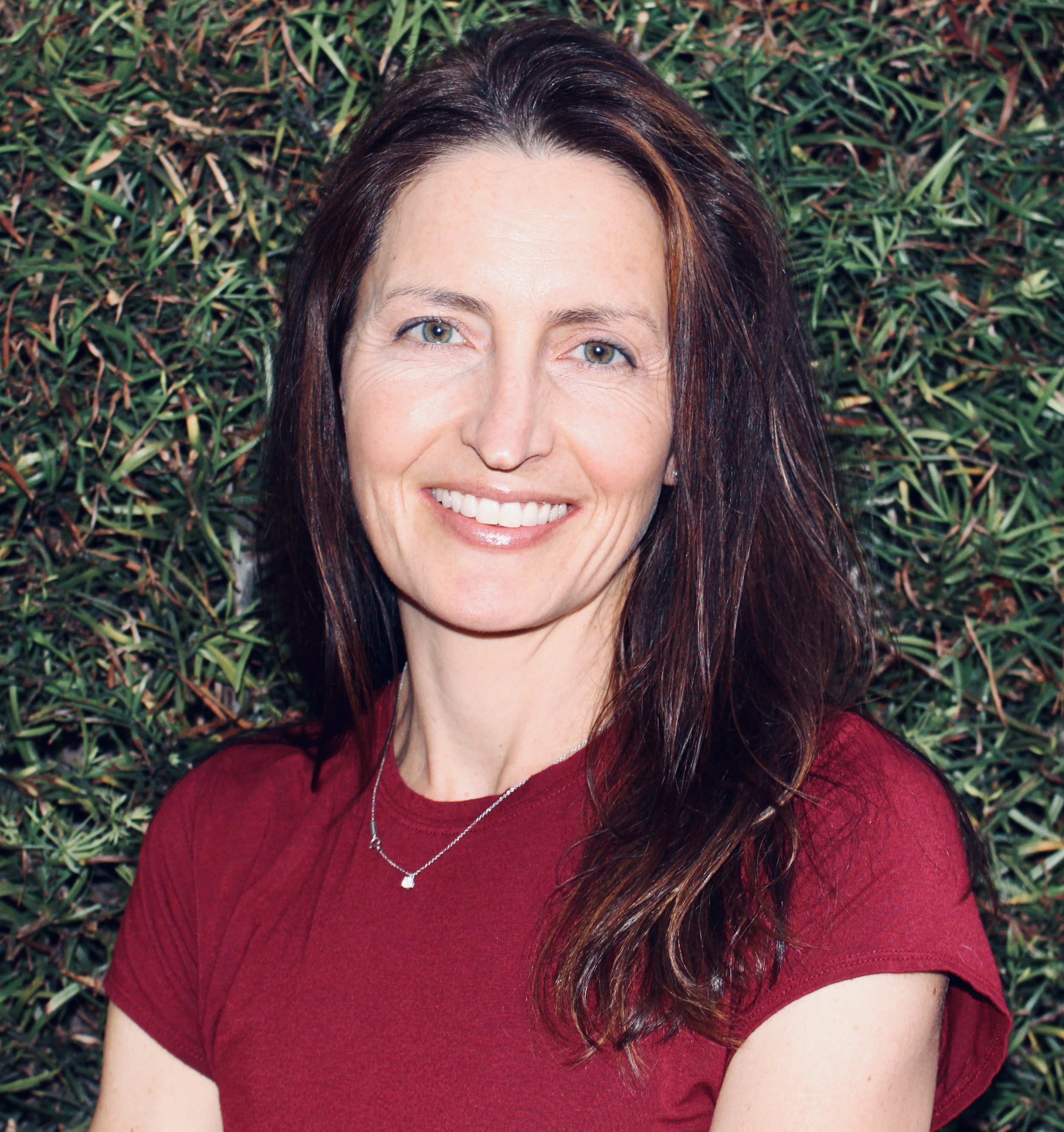The Middle House
At the age of thirteen, I attended a boarding school a continent away from my family, an experience that triggered a wrenching homesickness. As a teenager, I navigated international airports and transitioned between cultures with fluidity, yet a floodgate of tears would open at the echo of my parents’ voices over a long-distance call. They were a seven-hour flight away, too far to dash home for a weekend of hugs and home-cooked meals, distant enough for the cookies in care packages to grow stale before arrival. As an international boarder, I spent occasional weekends with friends’ families, surviving on the emotional generosity of others’ parents, envious of their proximity. Over the years, I grew accustomed to separation, but I never stopped missing my family.
The weekend I turned eighteen, my father visited, presumably on his way to or from a work-related trip that conveniently coincided with my birthday. Beyond a temporary escape into the real world, a meal or two beyond the refectory, and a jettison of school uniforms and rules, a parental visit provided room to breathe and a reminder of where I came from. I couldn’t wait to see him, and on a brisk March evening, as daylight receded, eight friends and I strode out of the campus gates to meet my father at the Middle House, a local inn and tavern, for a simple celebration.
It was a typical Saturday night at the village pub. Friends and neighbors gathered to catch up, couples spoke in intimate tones across two-tops, and bursts of laughter erupted from tables where buddies gathered after a week of hard work. Others leaned against the bar as they shared news, and a lively din filled the warm space. The large size of our group—or perhaps fate—ensured a comfortable, wide, wooden table waiting for our party of ten. We ordered and clinked glasses, talking, joking, and laughing as young women bound by five years of living and studying together do. Like family.
My father was all smiles as he joined our conversation, engaged and present, and I was proud. Here he was, living proof of the family my friends knew through my photos and stories. And who cared if he had come because it “worked” with his travel schedule? He was there. That I had a father who showed up on my birthday showed that I, too, had a semblance of roots.
After we drained our glasses, my friends and I linked arms and crossed the village high street, halos from Victorian streetlamps lighting the way. Warmed and loosened by cider and each other’s company, we hardly noticed the chill night air. Across the road, the local Indian restaurant awaited, where, on occasion, my friends and I had ditched school lunch and chipped in to share a curry.
The waitstaff accommodated our large group immediately, pushing small tables together as if they’d been expecting us. While the last of winter wind whipped outside, we gathered, cozy in the dim light of the cottage-sized eatery, currents of masala and cardamom swirling over the table, our cheeks rosy, wine flowing. We ordered a huge spread, more than we ever would have dared if we were paying, and shared steaming tureens of fluffy rice, creamy curries, kebabs, and warm naan. My father, present and content, raised not an eyebrow at the antics of nine young women. Instead, he toasted and laughed alongside us.
We ate and drank plenty that night, and we were loud. Knowing my father’s generous spirit, I imagine he tipped well. More than what we ordered or who sat next to whom, what remains clear in my memory is the pure joy of the evening, brought on not by wine, but by a true and loving connection to everyone around that table, friends and family alike. After so many years away, I had grown used to the distance between my worlds of school and home. My father’s presence that evening marked a rare overlap between the two, and as I celebrated, my heart ached for his approval as I showed him a piece of where I’d been for the last five years.
It wasn’t that I was desperately unhappy, nor was I the only international boarder among my friends. But a teenager without family nearby simply navigates a different path than those who grow up with parents close at hand. There is something tender and vulnerable about our teen years, when we straddle the divide between childhood and the adult world. We find our footing where we can. In the absence of my own family, I built a stronghold of support through friendship, many of those bonds cemented to this day.
After dinner, my father walked us back to the main entry hall on campus. He would fly home in the morning. I thanked him, hugged him tight, and did not cry. I had spent the previous four birthdays without my family—surrounded by friends, yet with a piece of my young heart missing. That evening, my heart was full. I felt acknowledged, reveling in the normality and simple pleasure of my father’s presence for my special day . . . and something else. The evening had afforded me the chance to show off my friends—my other family—to my father.
Weeks later, after we had all returned to the march of life, I called home. Beeps punctuated the long-distance phone connection as my mother remarked, “Your father loved seeing you.” I smiled at the memory. Curious, I asked about his coinciding work travel. Where else had he been?
“Honey, there was no work trip. He came for your birthday.” Her words resounded over the miles. “He came for you.” The realization that my parents missed me as much as I missed them took my breath away, cracking the armor that had grown over my heart since I left home years earlier.
In a photo from that evening, taken at the Middle House, I sit in the center of our group, my arms wrapped around my friends’ shoulders. It is the type of photo where everyone smiles from their heart, and captures exactly what I felt as we gathered that night—that for a moment in time, the stars aligned in a rare arc of perfection, casting a glow upon the evening that I have never forgotten. I am surrounded by both of my families, my best friends around me while, at the end of the table, my father leans on his elbow, smiling at the camera. Even in black and white, his blue eyes twinkle, his face glossy with youth, and I know there is nowhere he’d rather be.
-Maria Hanley
Maria Hanley began writing in her forties. She writes under her maiden name because it feels right, and she plans on tackling a novel sooner rather than later. Her work has appeared in Mutha Magazine, Faith Hope & Fiction, Potato Soup Journal, Grande Dame Literary Journal, Discretionary Love, and her memoir vignette, “Holy,” placed second in the 2021 Soul-Making Keats Literary Competition. Maria lives with her husband, three sons, and two cats in Santa Barbara, California. Find Maria on Instagram and Twitter @MHanleyWriter.



















